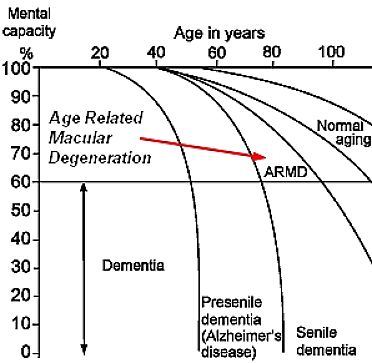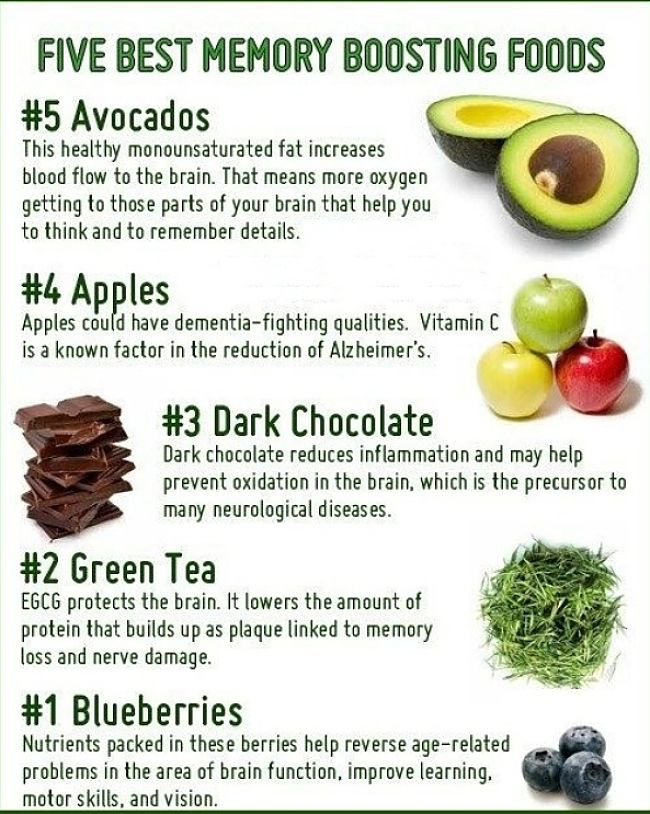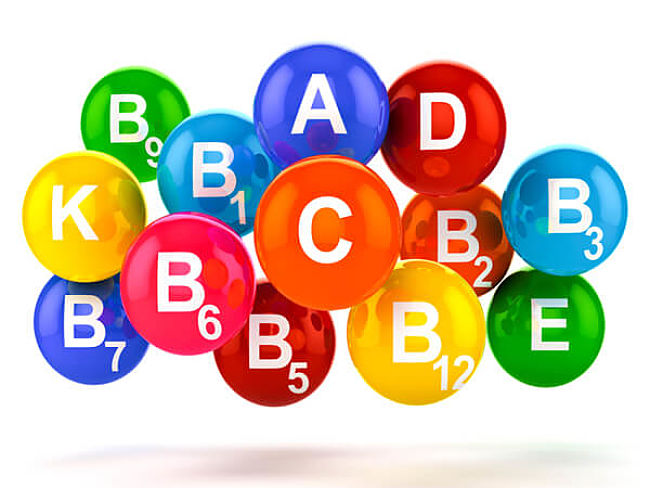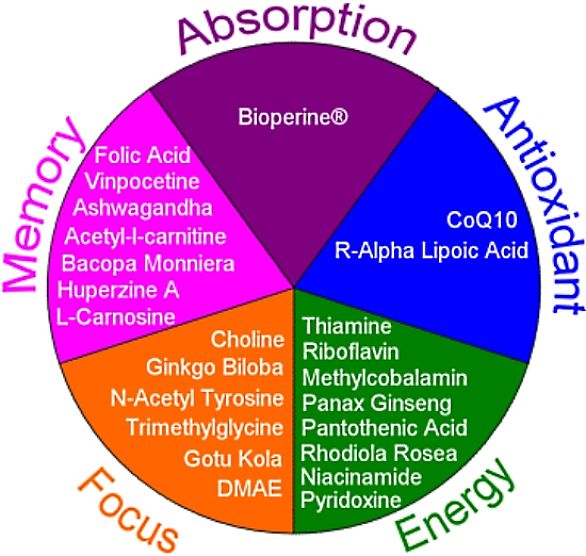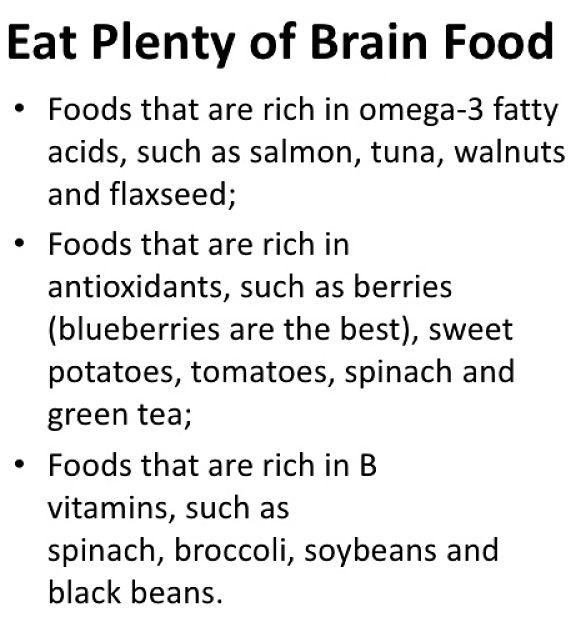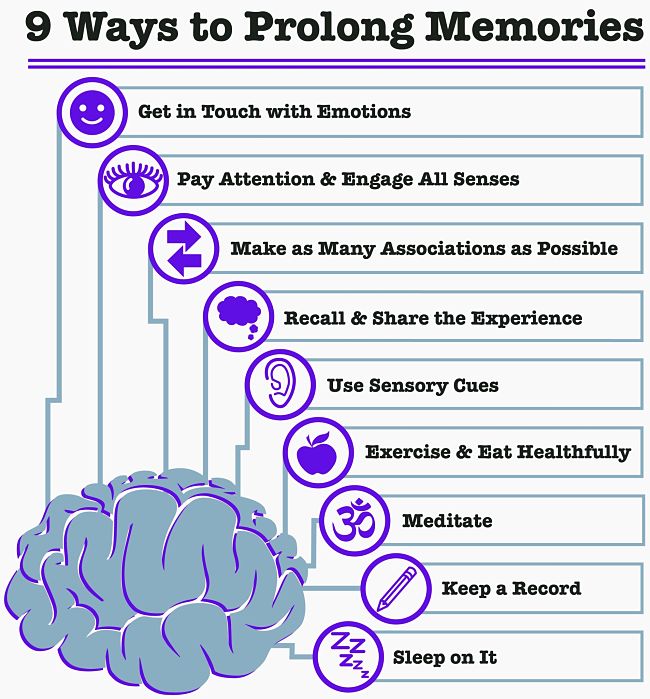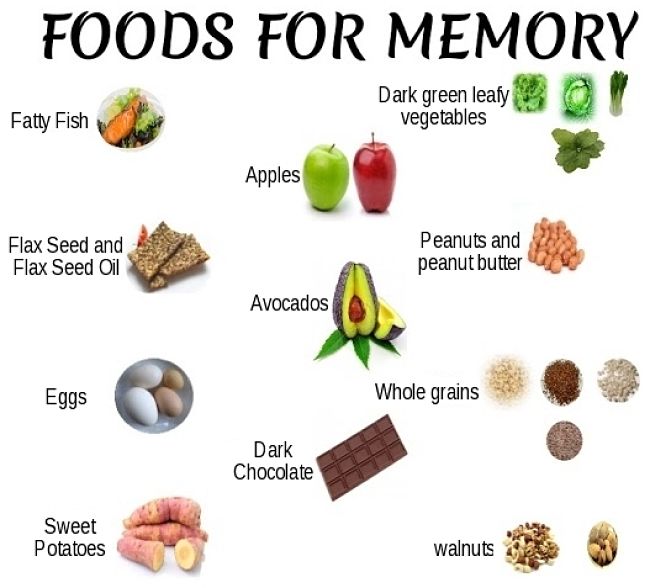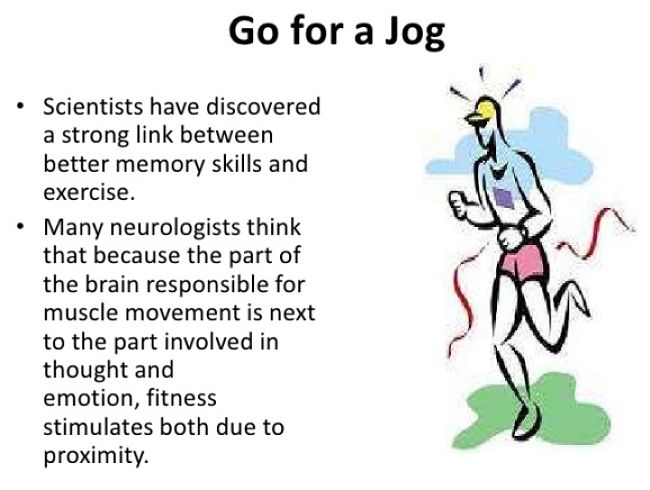Use Vitamin Supplements to Increase Memory and the Power of Concentration
A good memory, and the power to focus and concentrate, are important throughout life, particularly for learning and education. Many people worry that their poor diet, compounded by stress, may trigger vitamin deficiencies that can affect memory and concentration. Parents worry about their children's diet, particularly teenagers. But which vitamins support these brain functions? Will taking regular vitamin supplements and eating diets rich in vitamins, provide any improvement in memory, concentration and brain function?
Memory loss also worries many people as they get older due to its link with symptoms of Alzheimer's disease and dementia. Many older people are looking at simple ways of boosting their memories with memory boosting vitamins, regular physical exercises, memory games to boost mental fitness and through lifestyle changes. Will these work?
Although there are a huge variety of "brain boosting" drugs and supplements on the market and lots of 'old wives', most lack the research required to support the claims.
This article provides a review of the vitamins and supplements that have been shown in various studies to support brain function and may be helpful in increasing memory and concentration.
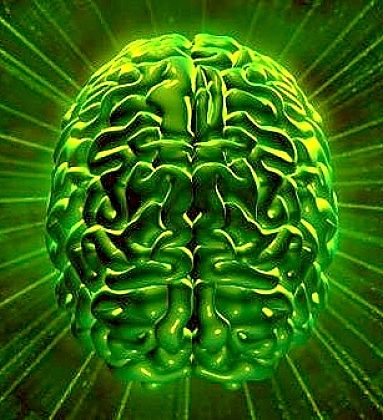
Two recent research studies published in the American Journal of Clinical Nutrition have given support to the claim that various vitamin supplements may improve memory skills in both children and older adults.
A French study of over 4000 subjects aged from 45–60 year who were given daily vitamin and antioxidant supplements over an 8-year period from 1994 to 2002, showed improved performance on the long-term memory tests. However there was no significant difference for short term mental flexibility tests. The daily supplements included vitamin C, beta-carotene, vitamin E, selenium and zinc. Verbal memory was enhanced only in subjects that were non-smokers or who had low vitamin C levels in their blood at the start of the program. The researchers concluded that study supported the notion that a well-balanced intake of antioxidant nutrients at nutritional doses helped maintaining memory function, especially verbal memory.
Another study of Australian and Indonesian school-aged children showed that well-nourished children whose diets were fortified with multiple micronutrients produced improvements in verbal learning and memory. About 400 Indonesian and Australian children (aged 6-10 y) were randomly allocated to be given a micronutrient mix (iron, folate, zinc and vitamins A, B-6, B-12, and C), and fatty acids or a placebo six days a week for 12 months. Cognitive performance was tested at the start of the study, and after 6 and 12 months. Tests showed that the micronutrient supplements boosted the level of micronutrients in the blood of the children. The supplement produced significantly higher scores for memory tests for verbal learning and memory in Australia children and Indonesian girls. No effects were found on tests measuring general intelligence or attention.
Previous research has shown that a Mediterranean-style diet high in fruits, vegetables, olive oil, and fish appears to curb brain inflammation that leads to memory loss.
Studies in rats and mice has shown promising results that curcumin, a compound found in the spice turmeric, improve learning, spatial memory and concentration.
Supplements of omega-3 fatty acids, vitamin C, vitamin D, and B group vitamins also appear to help with memory.
Ginkgo biloba - There have been many claims about this as a potential treatment for Alzheimer's Disease and as a potential preventative. However recent research suggests that Ginkgo does not seem to help prevent dementia. However, with people that already have dementia, it may either improve symptoms or slow the rate of deterioration. A study, published in the International Journal of Geriatric Psychiatry in 2008, concluded that gingko was ineffective in treating dementia in humans given daily dose of 120 mg. However, another paper published in the journal in 2010 showed that ginkgo was effective at higher dose of 240 mg per day. However the conflicting research results need to be resolved by additional studies. The beneficial effects, if any, appear to be small and Ginkgo biloba has side-effects such as blood-thinning properties and may interfere with a number of drug treatments.
Below are a several Vitamins and other supplements that have potential to increase memory and concentration:
Omega-3 fatty acid - Various studies have found that higher intake of omega-3 fatty acid in the Mediterranean Diet and various foods such as fish, plants and nut oils, and walnuts appeared to help prevent age-related memory loss.
Vitamin E - is a powerful antioxidant that may prevent or slow down age-related memory loss. A 1997 study shown that 2000 IU of vitamin E per day slowed the loss of short-term memory and improved the ability to concentrate.
Vitamin A (retinol) - intake is needed to generally support the development of the central nervous system. Research has shown that it enhances memory and stimulates learning. Vitamin A was shown to support brain cells in the hippocampus area, which is linked with learning and memory retention.
Vitamin B6, or pyridoxine - is required for the production of hormones and neurotransmitters that are required for brain function. Deficiencies in B-6 and other B vitamins causes reduced memory retention cognitive function
Vitamin B9, or folic acid - is essential for the ability to concentrate and memory function. A 2007 study showed that elderly patients between the ages of 50 and 70, given vitamin B-9 supplements for three years had reduced cognitive decline and memory function was preserved.
Vitamin B-12 - is known to be essential for brain functions, particularly cognition and memory functions. Vitamin B-12 is required to synthesize myelin, which is the protective sheath around nerve cells.
Vitamin D - A British study of 858 elderly adults, known to have vitamin D deficiencies, published in Archives of Internal Medicine in 2010, found that they were 60 percent more likely to develop substantial declines overall in learning, thinking and memory .
Vitamin C is an antioxidant and has been included in supplements shown to boost memory function.
Brain Exercises - Like physical fitness and exercise, brain fitness and performance can be enhanced and retained by undertaking regular mental work-outs such as playing bridge or chess or bridge, practicing tai chi and yoga and also undertaking computer-based brain workouts and exercises.Some research suggests that regular brain stimulation can help prevent age-related cognitive and memory decline.
General Fitness and Memory - Research has shown that regular exercise boosts blood flow to a brain area involved in memory. Three months of regular exercise was shown to improve performance in memory tests. The hippocampus is known to start shrinking in late adulthood, causing impaired memory and brain function. Studies have shown that physically fit adults generally have larger Hippocampus volumes and better circulation to the is area of the brain. Studies of older adults have shown that undertaking regular aerobic exercises increased the size of the anterior Hippocampus by 2%, leading to improvements in spatial memory.
The online instant HTML editor tools make a great resource that will help you a lot in your work.
Related Articles
=> Best Healthy Vegetable Chart - Calories, Fiber, Vitamins, Minerals
=> Do Your Really Need Vitamin and Mineral Dietary Supplements?
=> What Fruit is Healthiest For Calories, Fiber, Fat, Vitamins, Minerals
=> Avocado Nutrition Facts - Calories, Fat, Protein, Vitamins, Minerals
=> Q&A: Vitamin D Deficiency Rate Rising - Call for Adding Vitamin D to Food
=> Health Benefits Chlorella - Vitamins, Protein, Minerals, Nutrients
=> Vitamin D Deficiency - Health Problems, Symptoms, Treatments for Vitamin D Lack

